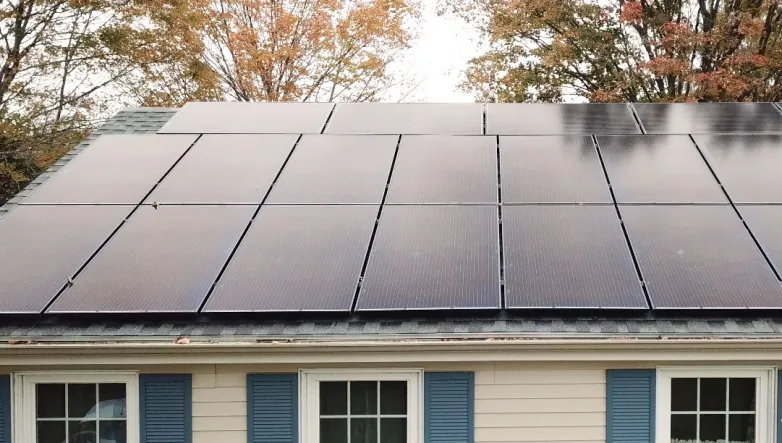Berkeley Lab recommends subsidies remain driver of solar adoption among low-income US families
- Subsidies can still be a vital driving force of solar adoption among reduced- as well as moderate-income (LMI) families in the US offered the reasonably high up-front cost of mounting PV systems, according to Lawrence Berkeley National Lab (Berkeley Lab).

Concentrating on the California Single-Family Affordable Solar Homes programme and also the Connecticut Solar For All policy, a new Berkeley Lab research estimates that around 80% of LMI subsidy recipients in the two states would not have added solar without the financial aid.
The results reveal the California as well as Connecticut subsidy programmes had actually sustained impacts on LMI adoption over several years, with clear spikes in solar adoption in locations that began obtaining LMI subsidies for the very first time.
After the initial spike, installs amongst LMI families tend to fall off yet after that increase once again several months or quarters later on. According to Berkeley Lab, this pattern could be because previous LMI subsidy receivers recommend the system to their neighbours or that some potential adopters wait on others to browse the subsidy procedure before making a decision to pursue it themselves.
Additionally, the research claims there is a strong academic rationale that LMI subsidies sustain 'spillover' installments: solar enhancements in low-income areas amongst households that do not receive subsidies.
To the degree that policymakers prioritise PV adoption equity as part of the arising energy justice policy agenda, the results recommend that recurring reward support for LMI adoption "might be warranted", Berkeley Lab stated in a pre-print variation of an article, entitled Rooftop solar incentives stay efficient for low- and moderate-income adoption.
Its magazine complies with added Berkeley Lab research that disclosed decreasing PV prices and also expanded financing options have added to a rise in roof solar deployment among lower-income households in the US over the last few years.
Average solar adopter revenues in the United States were said to fall 17% between 2010 and also 2020 to US$ 115,000, thanks partly to programmes supporting LMI households as well as general market growth.
According to the latest study, a few lots state and also local programmes continue to provide means-tested rewards to income-qualifying households, though these programmes are small relative to the wider suite of programmes that have supported rooftop PV adoption.
Policy growths in current months include Mississippi authorities increasing the state's net metering programme to prioritise the adoption of distributed PV among LMI homes. Under brand-new rules, investor-owned utilities in the state will certainly supply a single US$ 3,000 upfront money rebate to eligible property clients who acquire a renewable distributed energy facility sized at 3kW-- 6kW.
Also read

